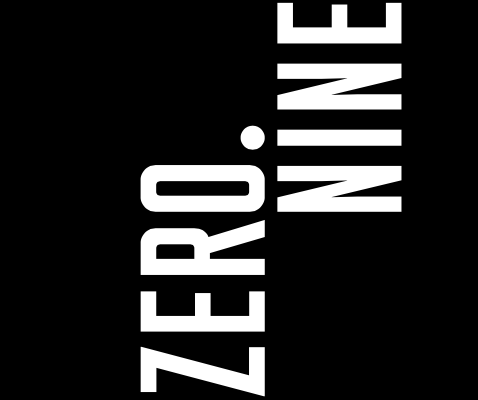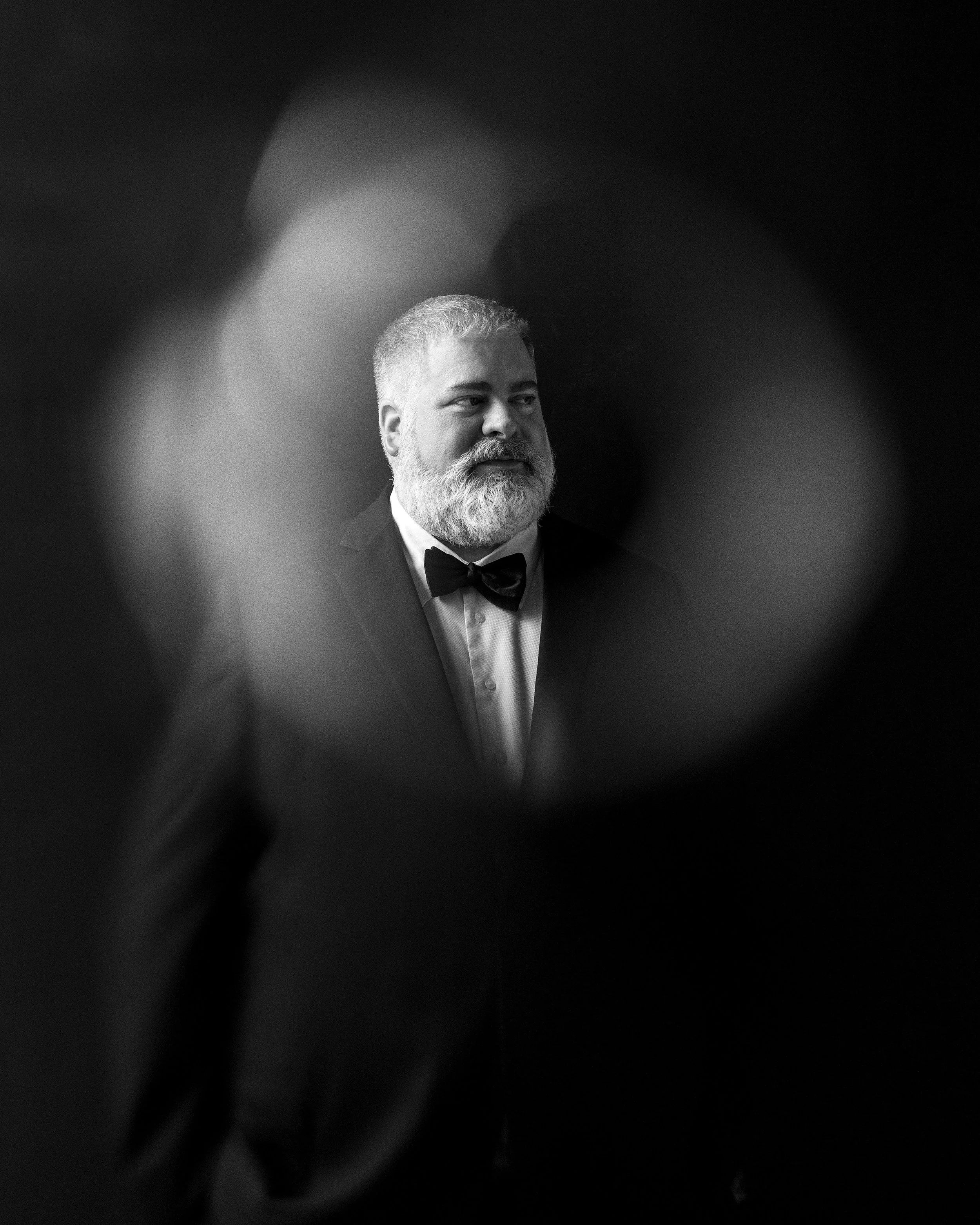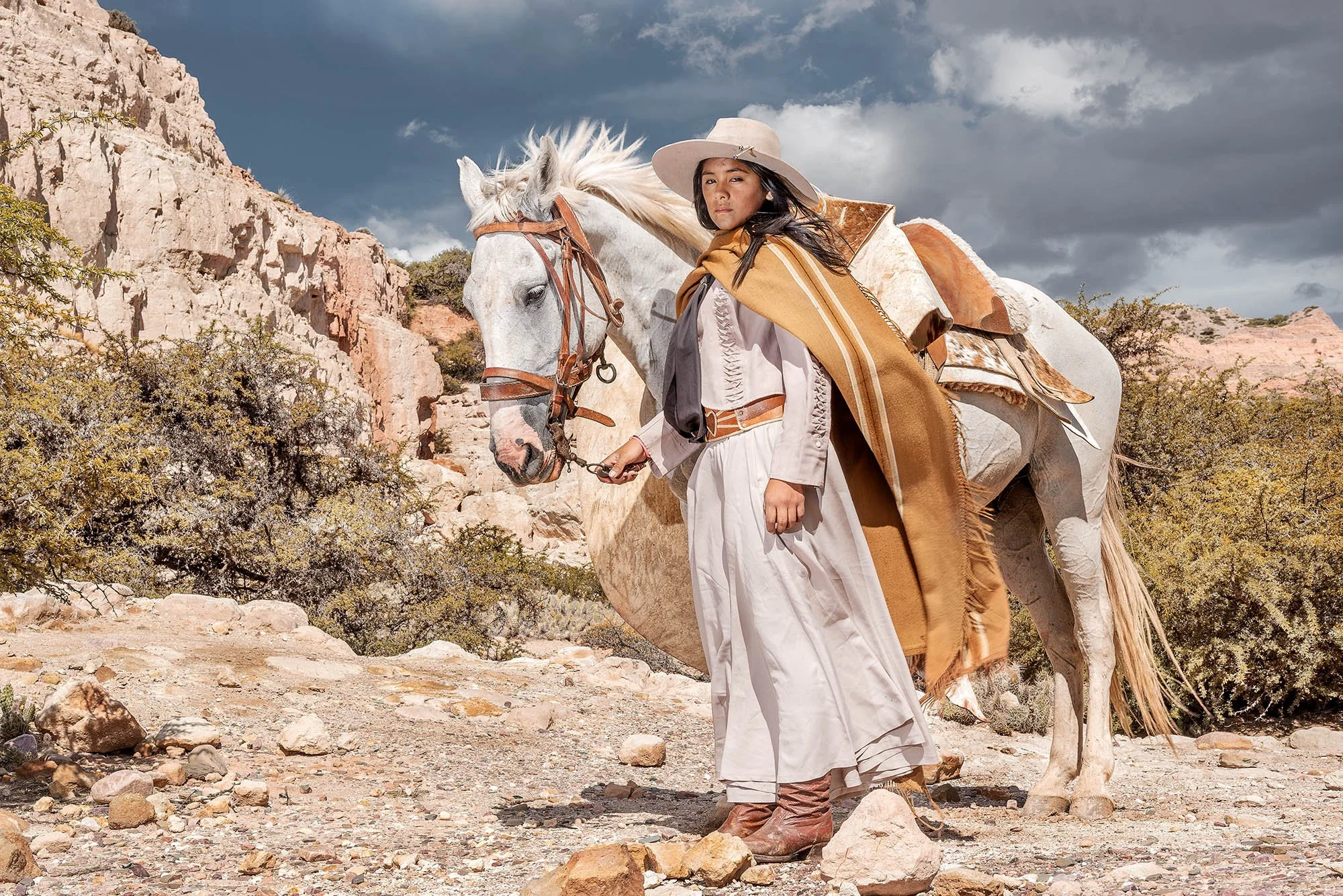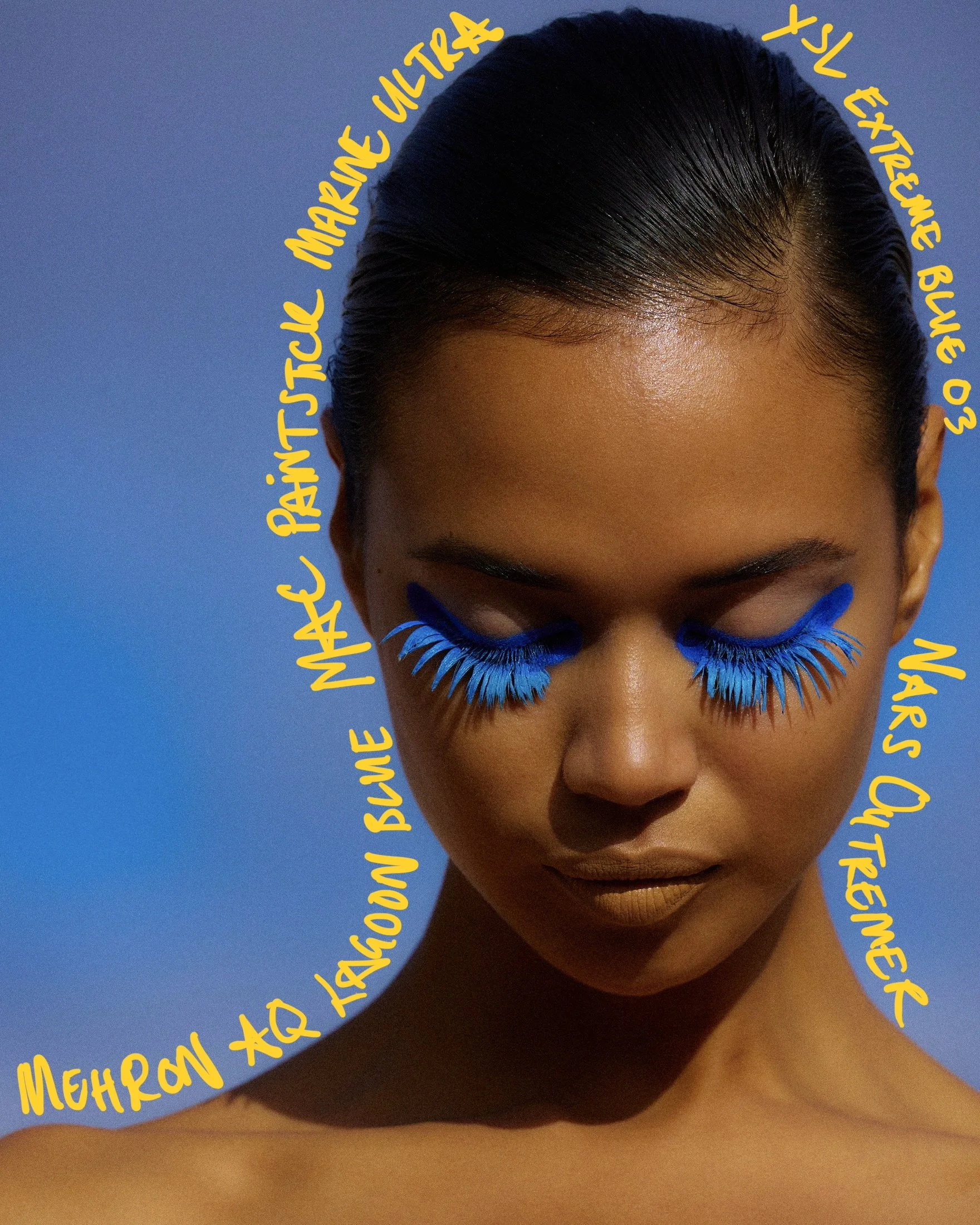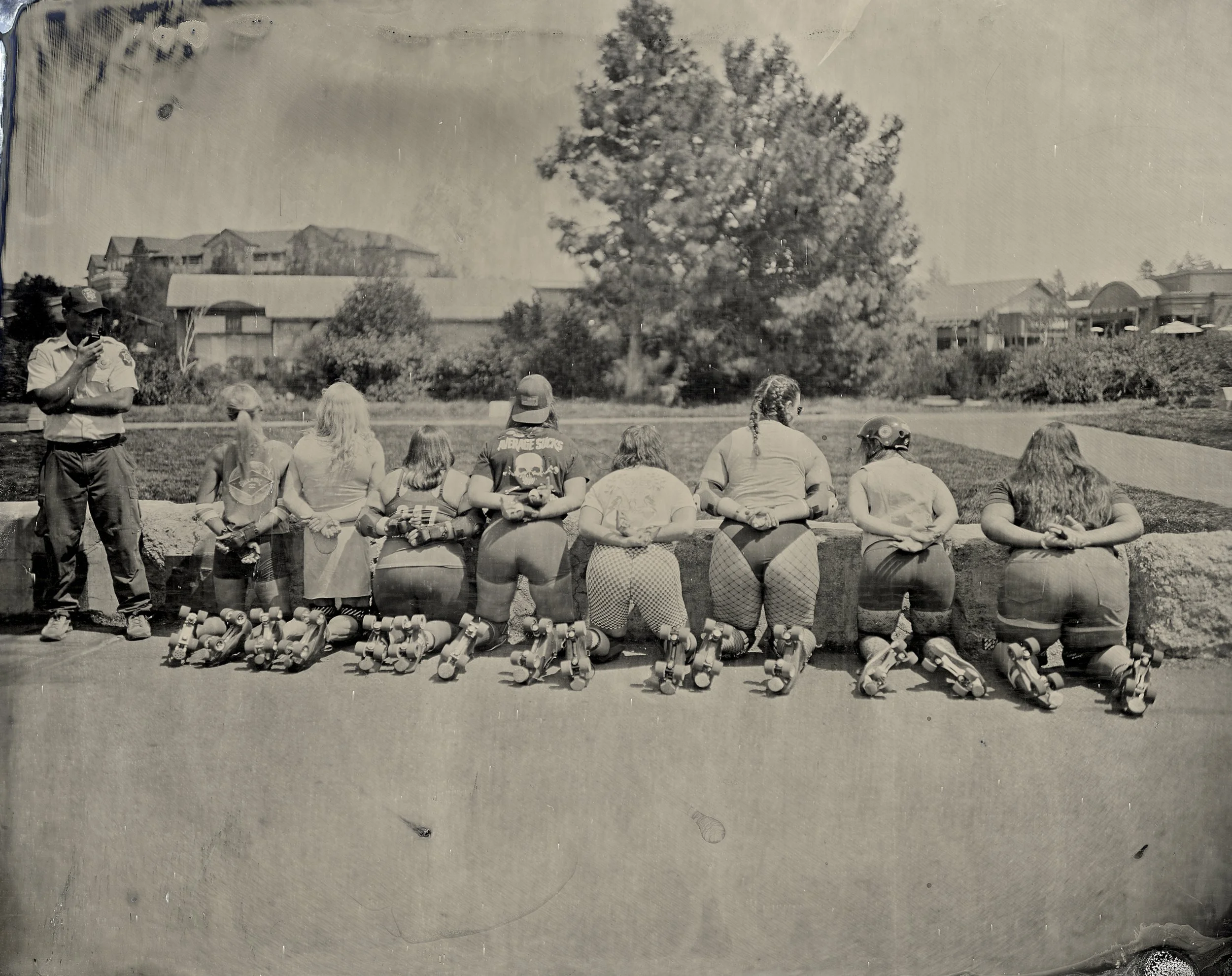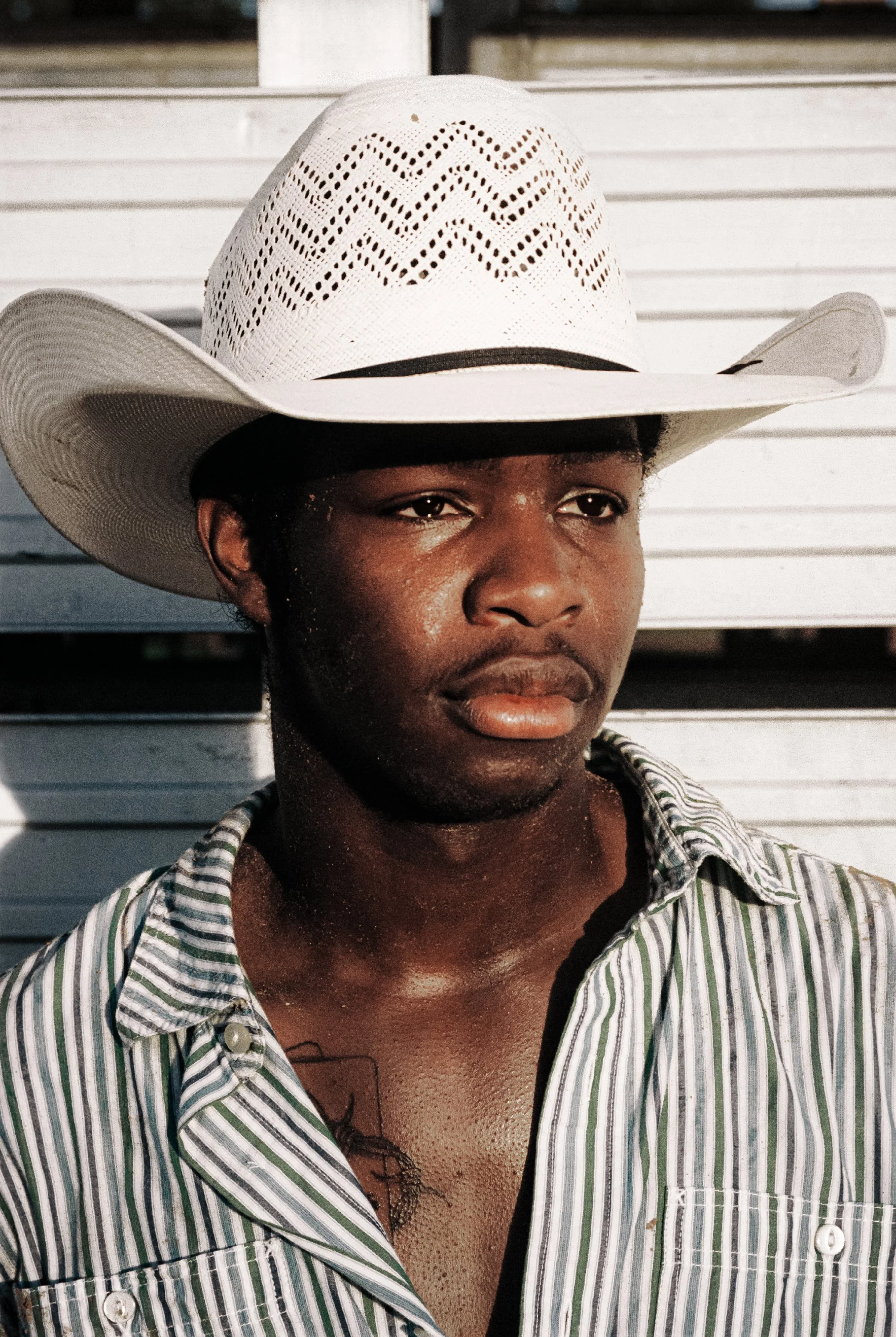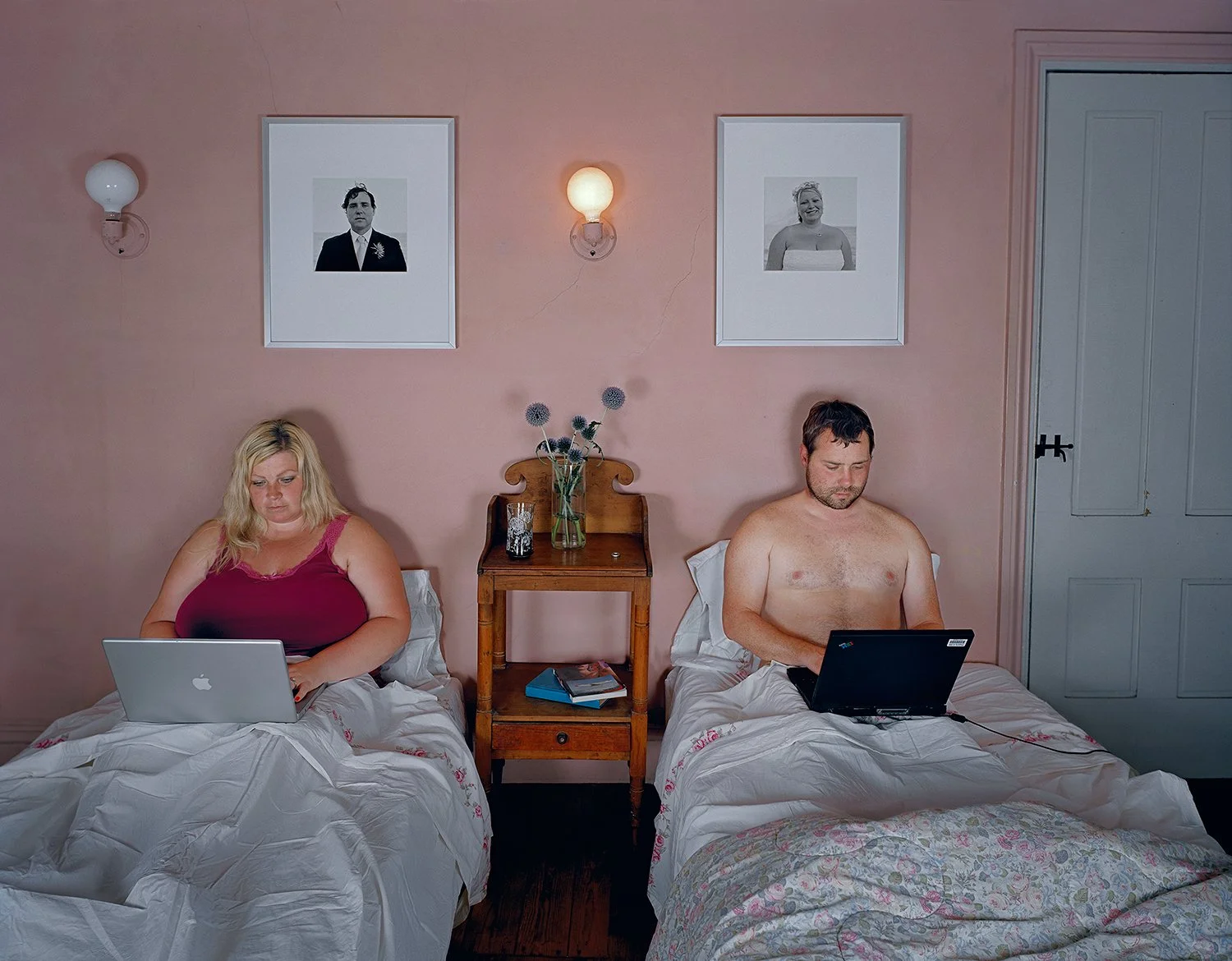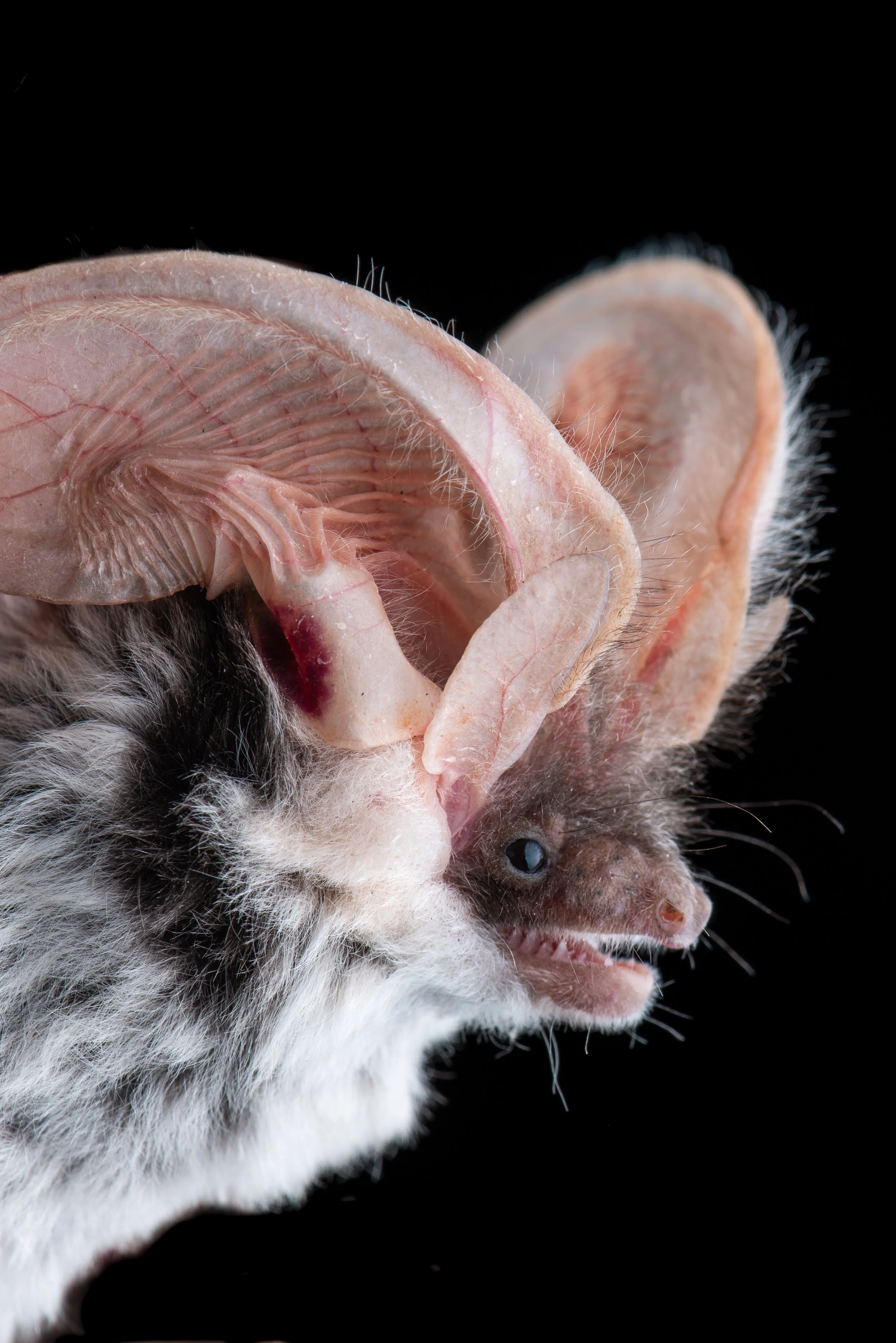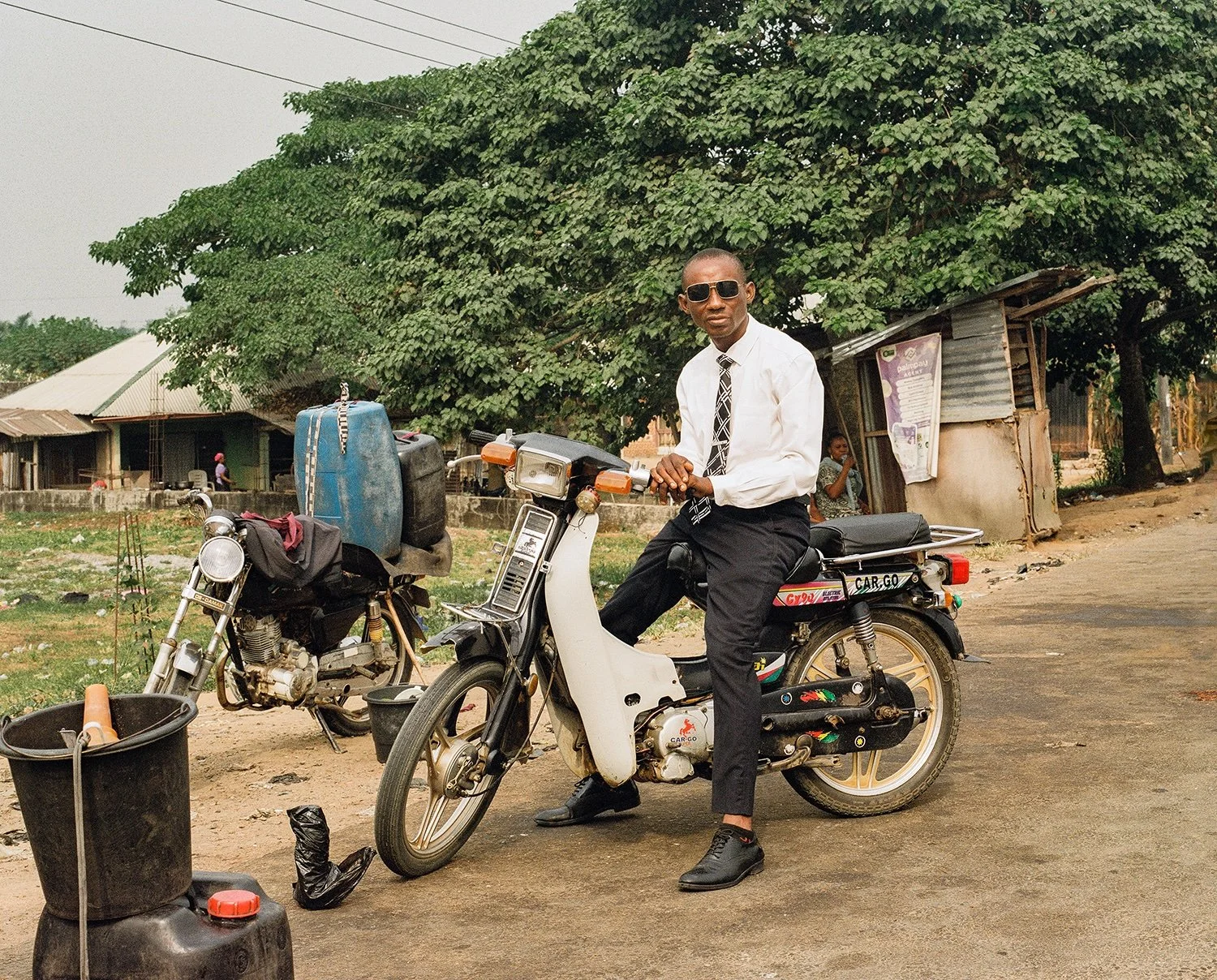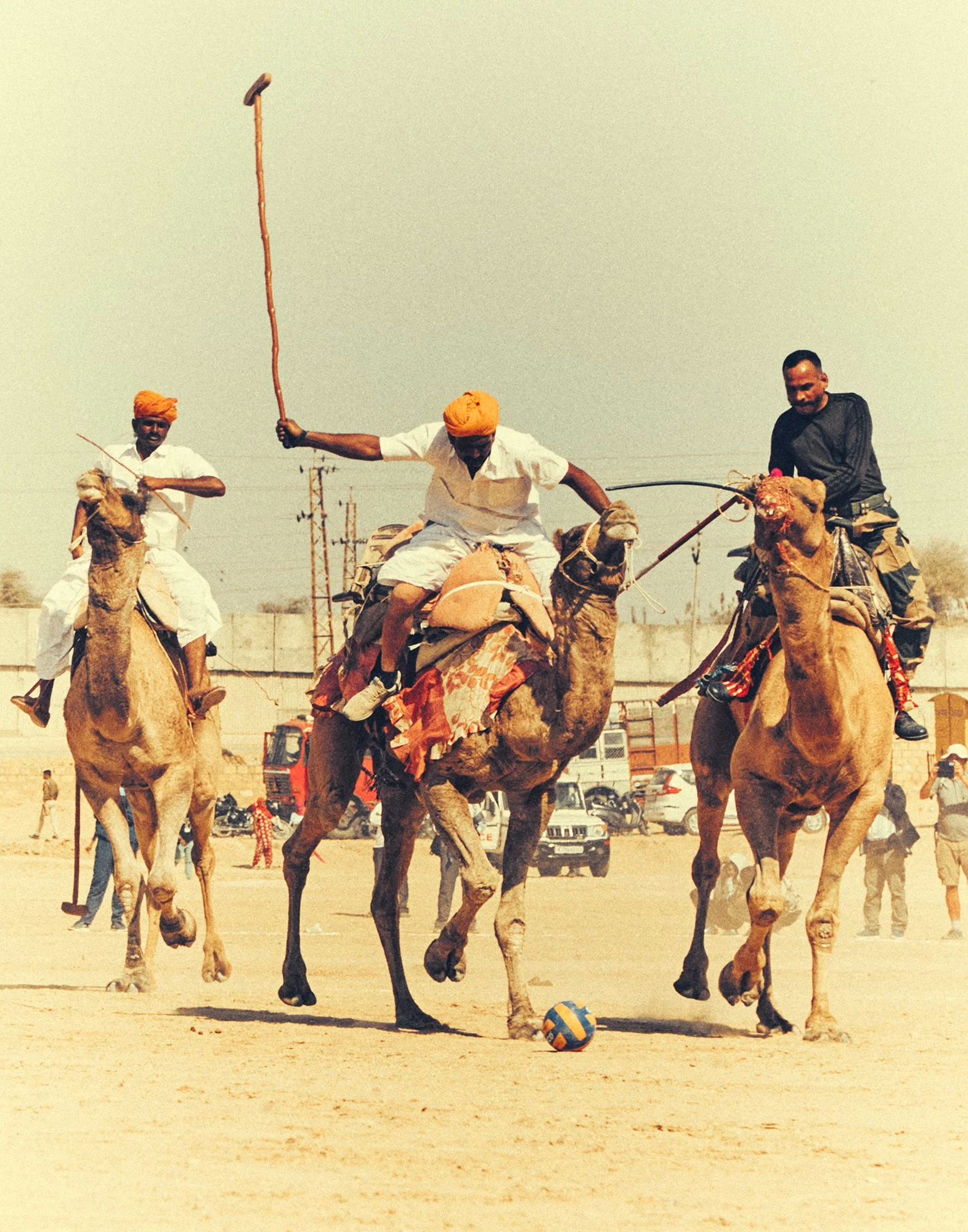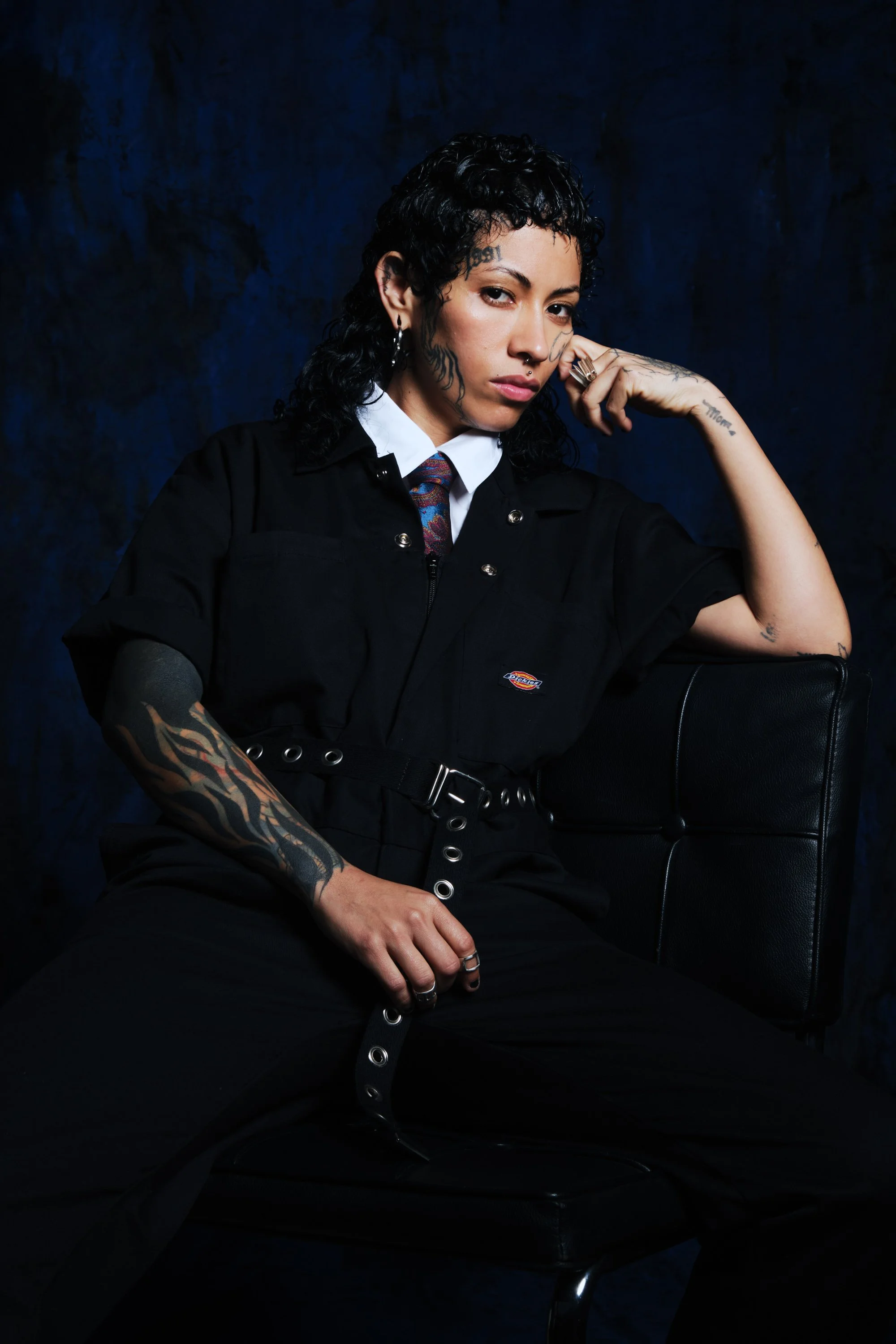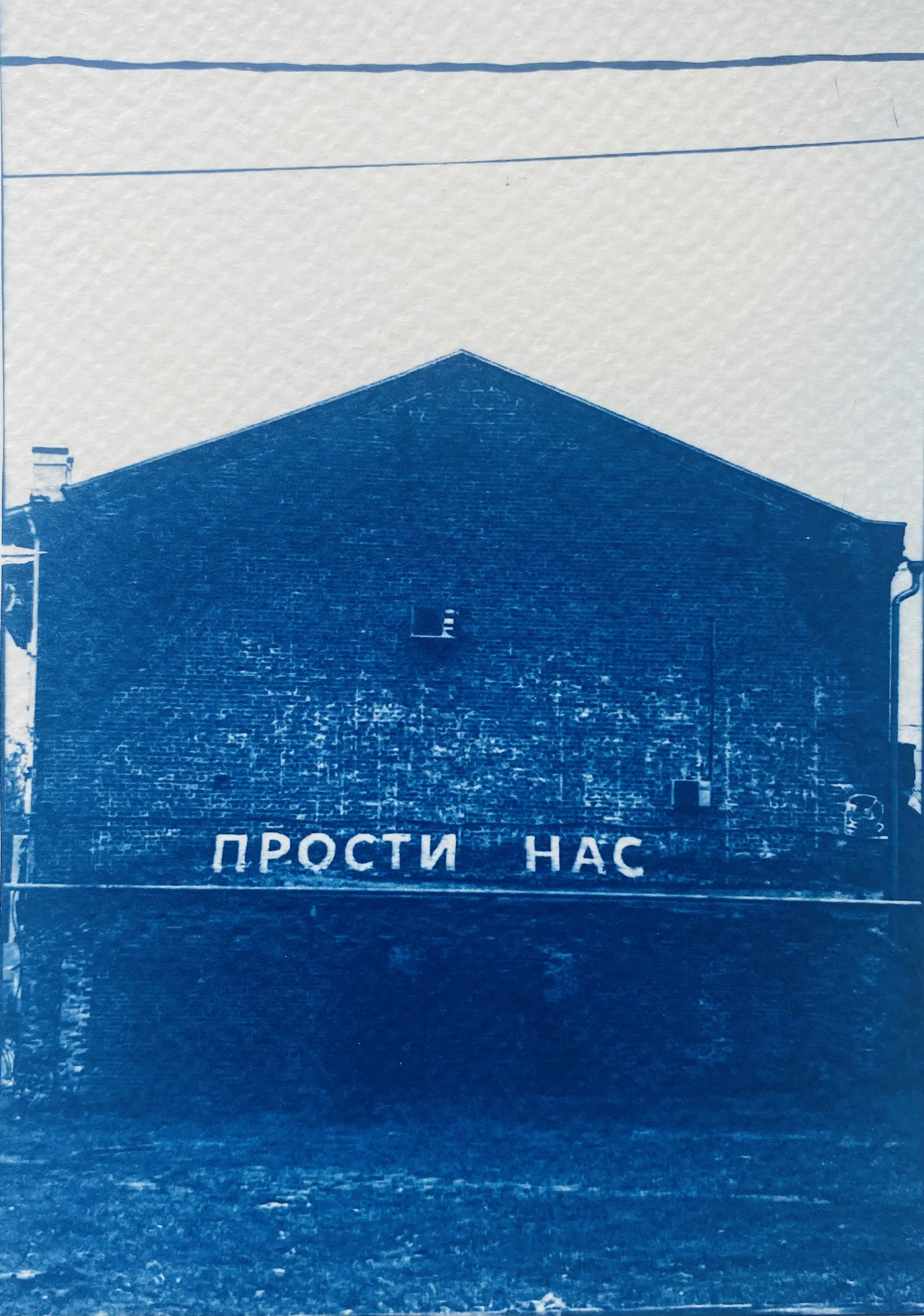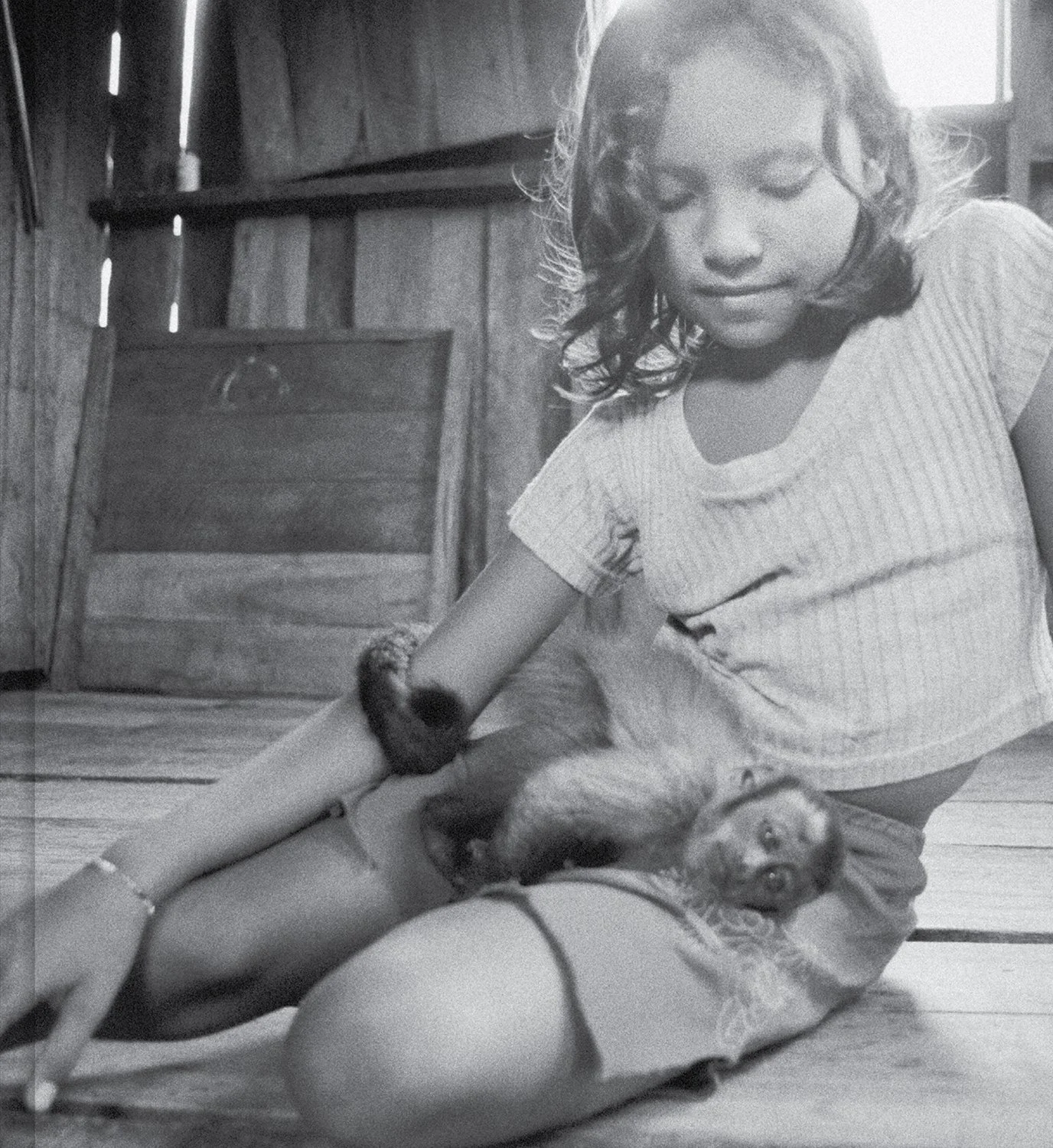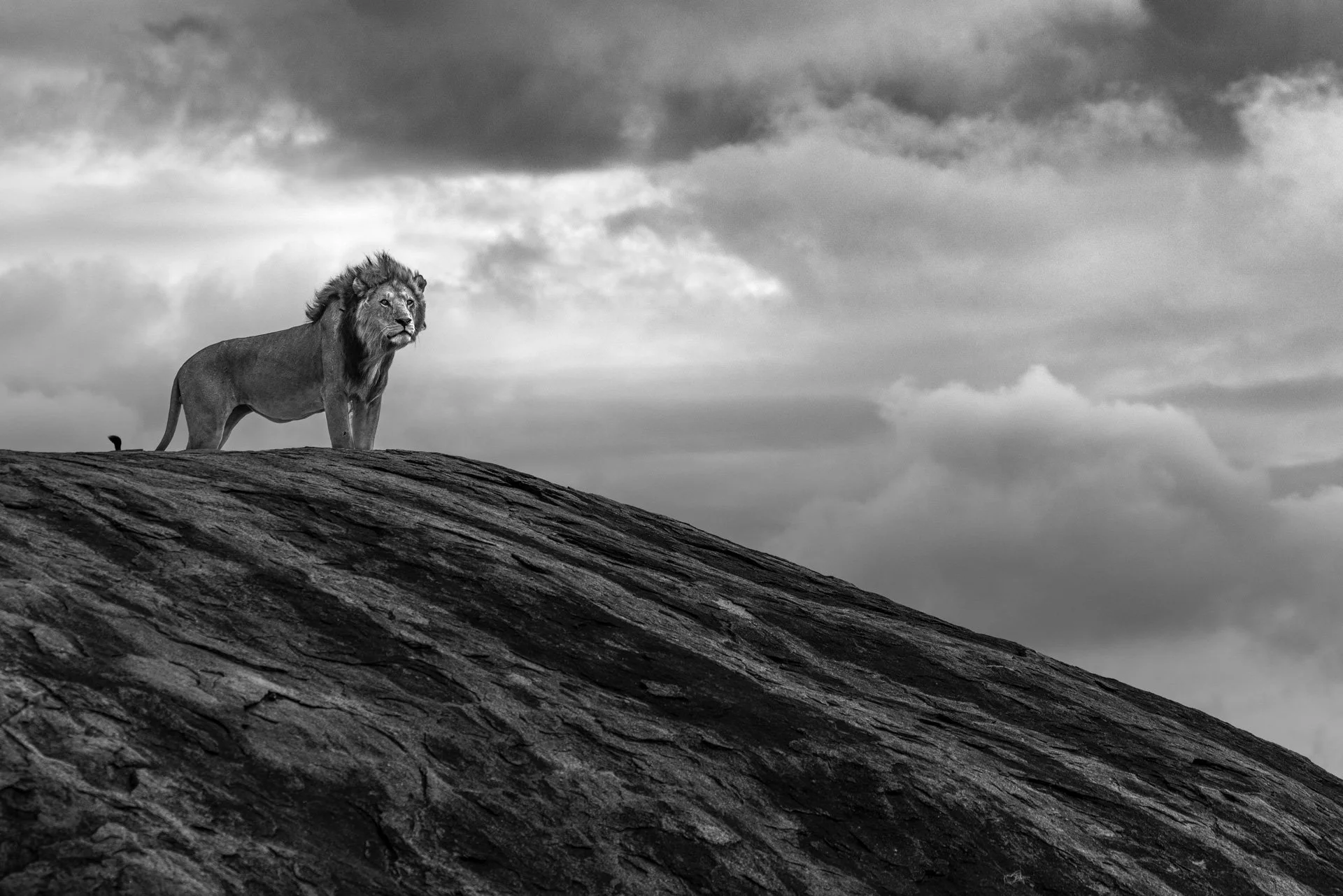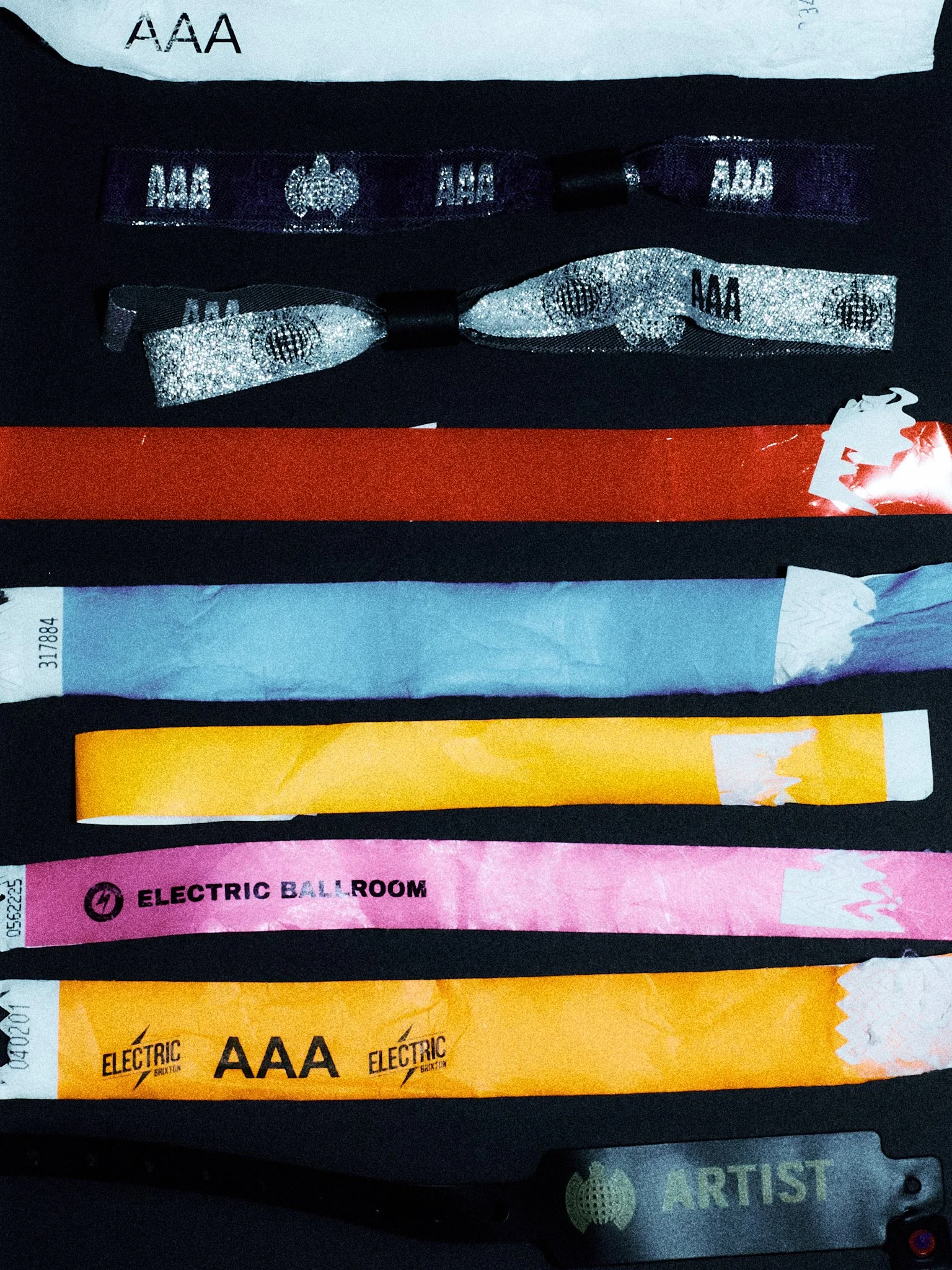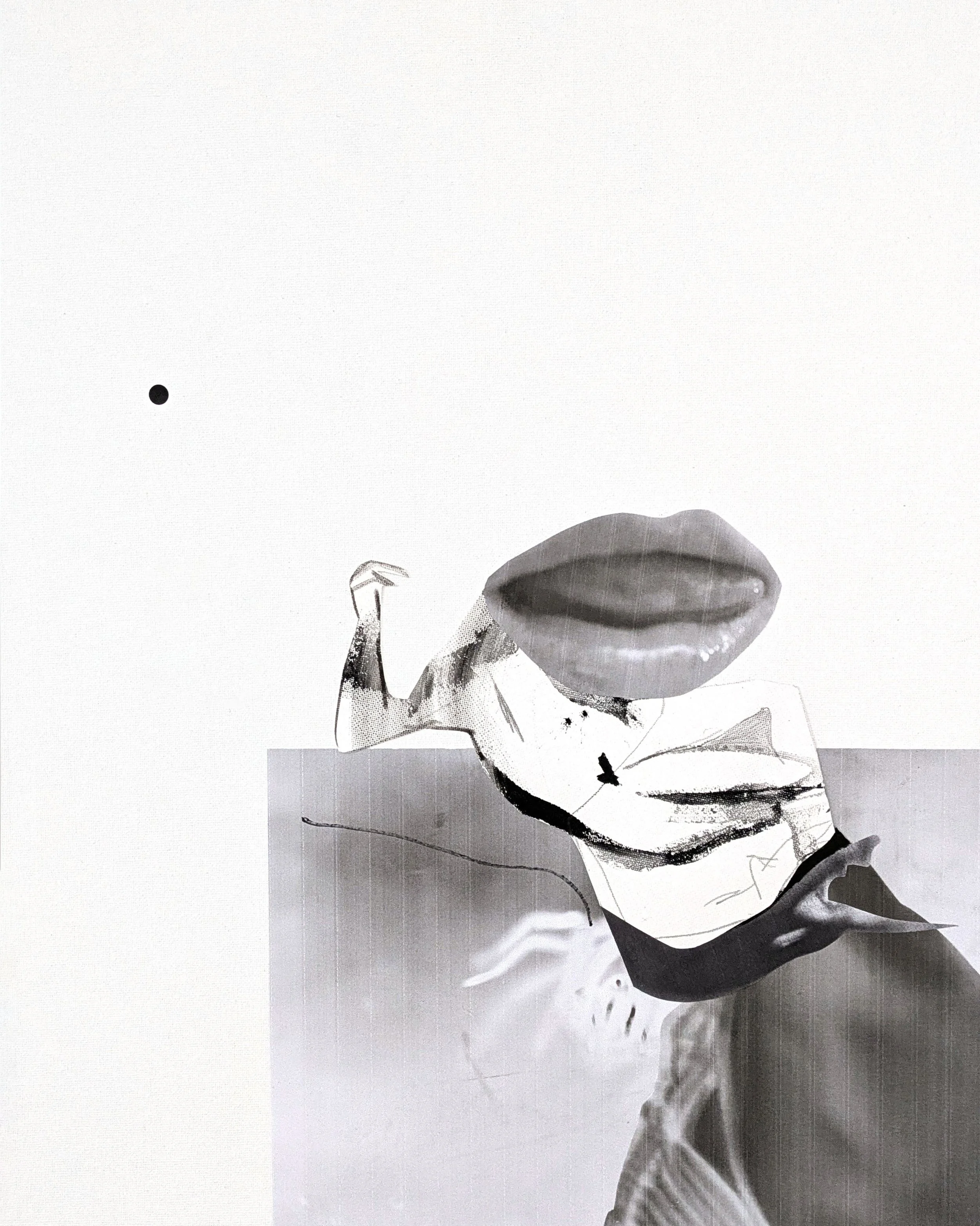A legend in new light
15 years after he co-directed How To Train Your Dragon, Dean DeBlois is soaring back to The Isle of Berk with a new version of Hiccup and Toothless in live-action. DeBlois exclusively opens up about the challenges that come with remaking a beloved animation while discussing what the story means to him and how he's doing the original justice.
Interview David Opie Photography Christian Trippe Grooming Tara HickmanIt's almost unheard of for an animation director to return and remake their film in live-action. Where did the idea for this come from?
I had spent four, five years just writing, pitching original stories, getting them set up with studios, writing those screenplays. Nothing was getting a green light, in part, just because everything slowed down due to COVID... Then Universal contacted me and said, "Listen, we're kicking the tyres on this idea of maybe doing a live-action reimagining of How To Train Your Dragon." I immediately thought, "If they're gonna do it, I want in," because I know this world, I know these characters, and I'm very protective of them. I didn't want to see someone else's version of it, selfishly.
We made that first movie rather quickly in animation terms. We turned the whole thing around in 15 months, from page one through to cinemas, which meant that we had to shortchange some of our ambitions along the way. [Co-director] Chris Sanders and I didn't get to really spend as much time and love on some of the secondary cast as we might have liked.
This seemed like an opportunity to do that with a whole new set of tools in a new medium and try to tell that same story, but with embellishments. Nothing gratuitous, everything additive. That got me excited about the idea of going back, building it for real with human actors on screen shaping scenes. It just seemed like it was going to be a different experience of a story that many people have embraced. I wanted to do it respectfully without trying to replace the animated movie. That was never the intention.
"I wanted to do it respectfully without trying to replace the animated movie."
What's it been like to navigate the remake's relationship to the original? How do you put a fresh spin on this story while retaining what made it special in the first place?
Certainly with the cast, there was room to bring their own spin to the character. I immediately saw it as futile to try and find a young Kristen Wiig or Jonah Hill, for example. It seemed like a futile task to find somebody that was just going to ape the animated character in live-action form. I divorced myself from that idea, and also the idea of finding actors who simply looked like their animated counterparts. I wanted them to embody the spirit of the character. So it left us open for surprises.
Lucy Bevan, our casting director, pulled together so many wonderful combinations of young actors, most of whom had grown up with the movies. So they had this instinctual understanding of who the characters are, but then through their own physiology, through their own mannerisms and personal takes on the characters, something new was brought into the room.
With Gerard Butler reprising the role of Stoick, were there any other original cast members you were keen to bring back?
Given how everyone has grown up since we made that first film 15 years ago, people like Jay Baruchel have aged out of the category of playing Hiccup. Same with America Ferrera. Jay and America were very supportive. I ran casting selections for Hiccup and Astrid by them, and America visited the scoring sessions with her family. They’re both excited to see the finished movie. Gerard just felt like the perfect age.
I first saw Mason [Thames] in The Black Phone while I was flying to the UK for casting sessions… I didn't know if he had any comedic chops, but I asked to include him in our auditions. There was something about Mason being exactly the right age, having grown up with these movies and having always held Hiccup as a hero of his own. He just got him without much explanation and without much work. He understood the self-deprecating humour, the awkwardness, the charm that's hiding wounds and embarrassment… He does an incredible version of Hiccup in the story.
Are there any changes you were particularly excited to make?
The animated movie just presented a tribe of Vikings living on an island that was beset by dragons. There was no explanation as to why they arrived there and why they didn't leave. In terms of worldbuilding, I thought we could suggest that dragons have been a problem everywhere. As far as the Vikings had travelled, which we know was far and wide, every culture they had touched had their own issues with dragons.
So the idea to begin with was that this particular tribe came together under the Viking banner, but they were recruiting the best dragon fighting warriors from all of these different places, from the Far East and the Silk Road, from North Africa, from all over Europe and into the Slavic regions. They landed on this particular island because they knew, thanks to the dragon traffic, that they were within spitting distance of a key dragon's nest. If only they could find it…
We pick up the story several generations in and they still haven't found the nest, let alone flushed out the dragons. It's created a sense of desperation. Stoick is in charge of a very dispirited gang of warriors who are ready to pack up and head home because they've been beaten at their own game. It adds urgency to the story and Hiccup's mischief only worsens the situation, creating more tension between father and son in the community.
"You can be a force of change in the world simply by being genuine."
So many of us grew up with these films and they still feel relevant today. Why do you think this story resonates so much?
For me, it resonates on two levels. Most kids wish they could have a pet that was larger than them, that became their protector, but it needed you as well. There's a wish fulfilment baked into that. There's just something magical about this bond that goes back to my love of movies like ET or Black Stallion.
The other thing is that Hiccup's a champion for oddballs, for anyone who feels like they're not cut from the same cloth as their peers or anyone who's not exactly what their family wants them to be. It's a validating story of a character who can withstand ridicule and still follow his instincts, still be true to himself and to his heart. Instead of trying to assimilate and become what everyone wants him to be, he watches the world pivot and change to accommodate him. That's a story that many people respond to… You can be a force of change in the world simply by being genuine.
How Hiccup navigates the pressures of heteronormativity and masculinity really resonated with me as a gay man. I'm so happy to hear you champion that.
That's the way I've always approached the story as well, too. There is a gay allegory to it. It's the way I explained it to Gerard Butler in the beginning. I said, "There's love in this relationship between father and son. It's the push and pull of love and expectation that makes it so difficult."
For Stoick, it's trying to understand that not only is his son going against the grain and failing to meet his expectations, but he's actually doing the very opposite of what is expected of him, becoming friends with the perceived enemy. So it becomes the grounds for a giant blow-up and a disowning. But ultimately, there's something very humbling in realising that having the strength to defy tradition and expectation may just uncover the real root of the problem.
There's something that resonates there, and you don't have to be gay to appreciate it. It's for anyone who feels a bit at odds with what they've been taught and how they've been raised.
Was there anything that took you by surprise while making this film?
I've always been unable to watch movies that I've worked on. By the time we've finished, I've seen it so many times. So 15 years passed. When we dusted it off and took a look at it, I realised there is really something here that is resonant, even now.
For me, the most powerful element to this was that I, like Hiccup, had a giant blow-up with my father, but my father passed away before we could make amends. So the moment of Stoick apologising and telling Hiccup that he's proud of him is something that's cathartic for me. I find that kind of disarming because I forgot about it.
So when I was rewatching the film and thinking about it in terms of live-action, I thought, "How can we make those relationships a little bit more powerful with more maturity and with the benefit of our actors on the screen?" That was one of those moments. I thought if we can really sell that and not have it feel sentimental, but have it feel very earned, there could be great power in retelling this story. It would be a worthwhile endeavour to remake the movie in live-action.
What did you find challenging about coming back to this world after being so long away?
All of it was challenging, but the back end of working with visual effects people and animators? That feels familiar to me. So the greater challenge was starting on day one of principal photography, where I felt completely naked and exposed as the rookie in the middle.
The first thing I did was I talked to the crew. I said, "I understand that I'm standing among professionals who've been doing this for many years, and I am the one who has yet to show his worth on the set. But I'm a quick study. I'm not going to get in anyone's way. Please tell me if you need anything more from me. I am the guardian of the story. So, my contribution in everything that I say and do is going to be upholding the integrity of the story. I just want this to be something that everybody's proud of, because I know how much sacrifice goes into it."
There was an intensity to the shooting days where you have a number of shots you have to get done. There is a lot of breaking down and setting up and preparing for and rehearsing and actually shooting shots. That means there's no time for hesitation. You have to be decisive and you have to be comfortable with the fact that those decisions you're making now will forever impact the end result. You can't go back... You've got hundreds of people milling around and your focus needs to be on the shot you're going to get and the performance you're getting out of it.
“For me, the most powerful element to this was that I, like Hiccup, had a giant blow-up with my father, but my father passed away before we could make amends.”
Congratulations on the sequel being greenlit. What did you learn from making this that you can bring to the next film?
There are quite a few things that we developed to make the flying feel very realistic in terms of the actors. That was version 1.0 and we can be even better.
What I'm talking about specifically is that we built this giant 15 feet tall mechanical gimbal, which was a platform on pistons that could move in six different axes. We actually built animatronic dragons, so that you'd have a neck and a head, and we would put the saddle on top of that. They could control the movement of the head and the neck and the body, so when Mason's Hiccup was sitting on top of it, he would move like a jockey on a horse. It was affecting his body, when it was banking or rising or dipping, and that created a very realistic movement that would then be pumped into the dragon animation.
That's an example of something we developed that seemed to really push the technology. Heading into Dragon Two, we can make that even better.
How To Train Your Dragon is in cinemas 9th June. Watch the trailer below
